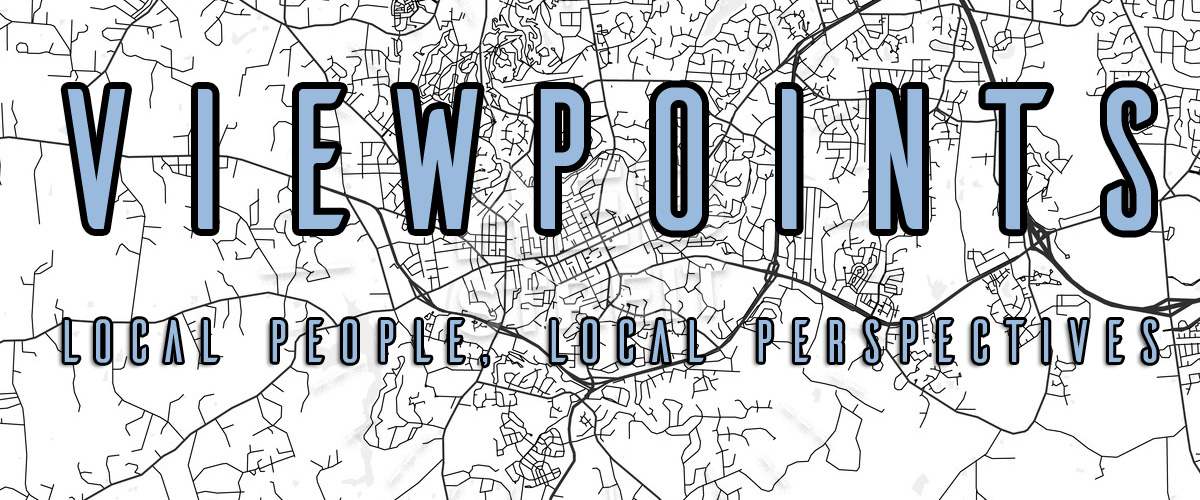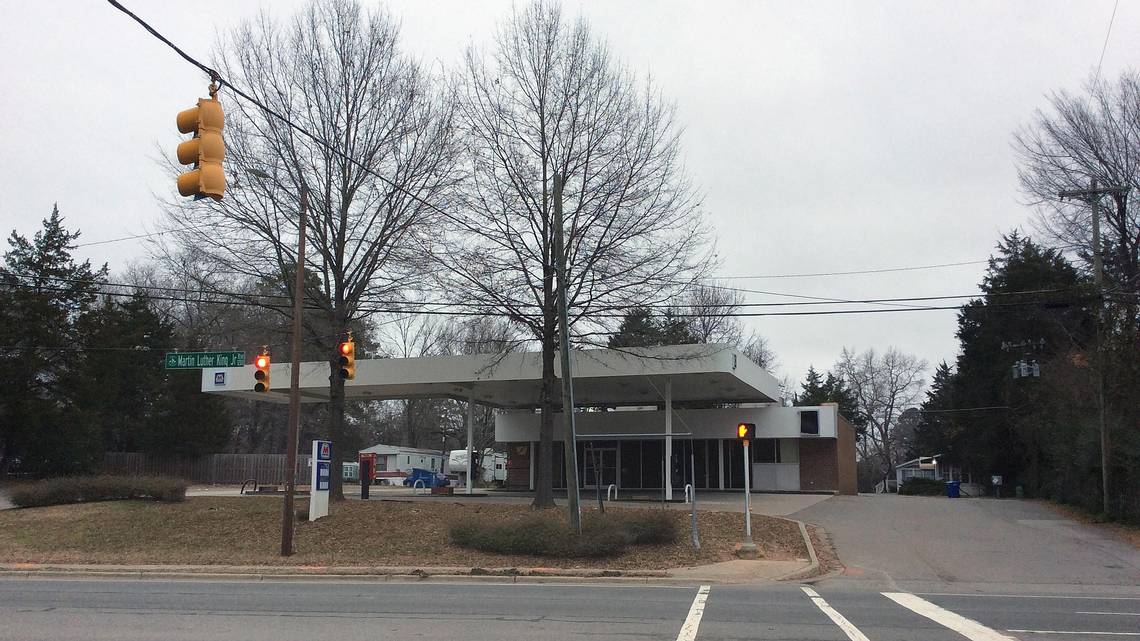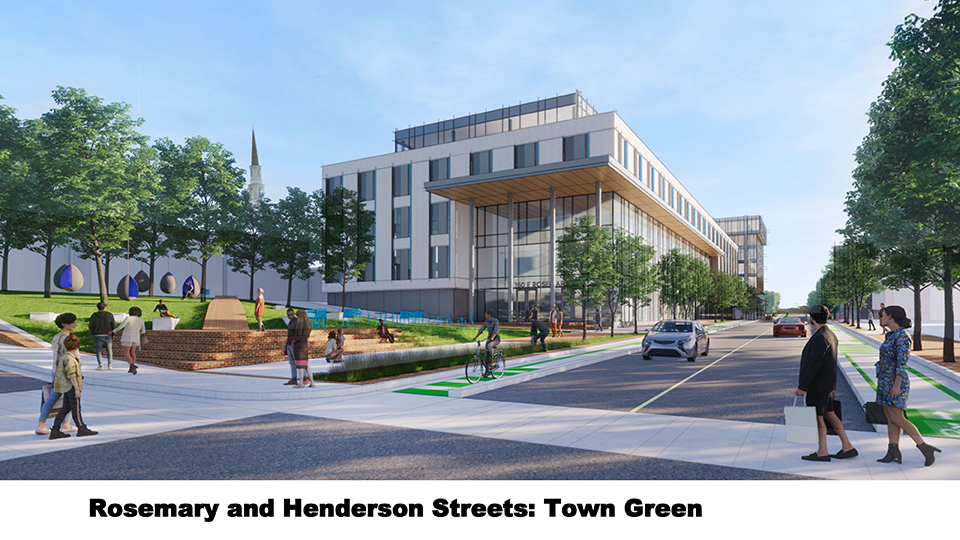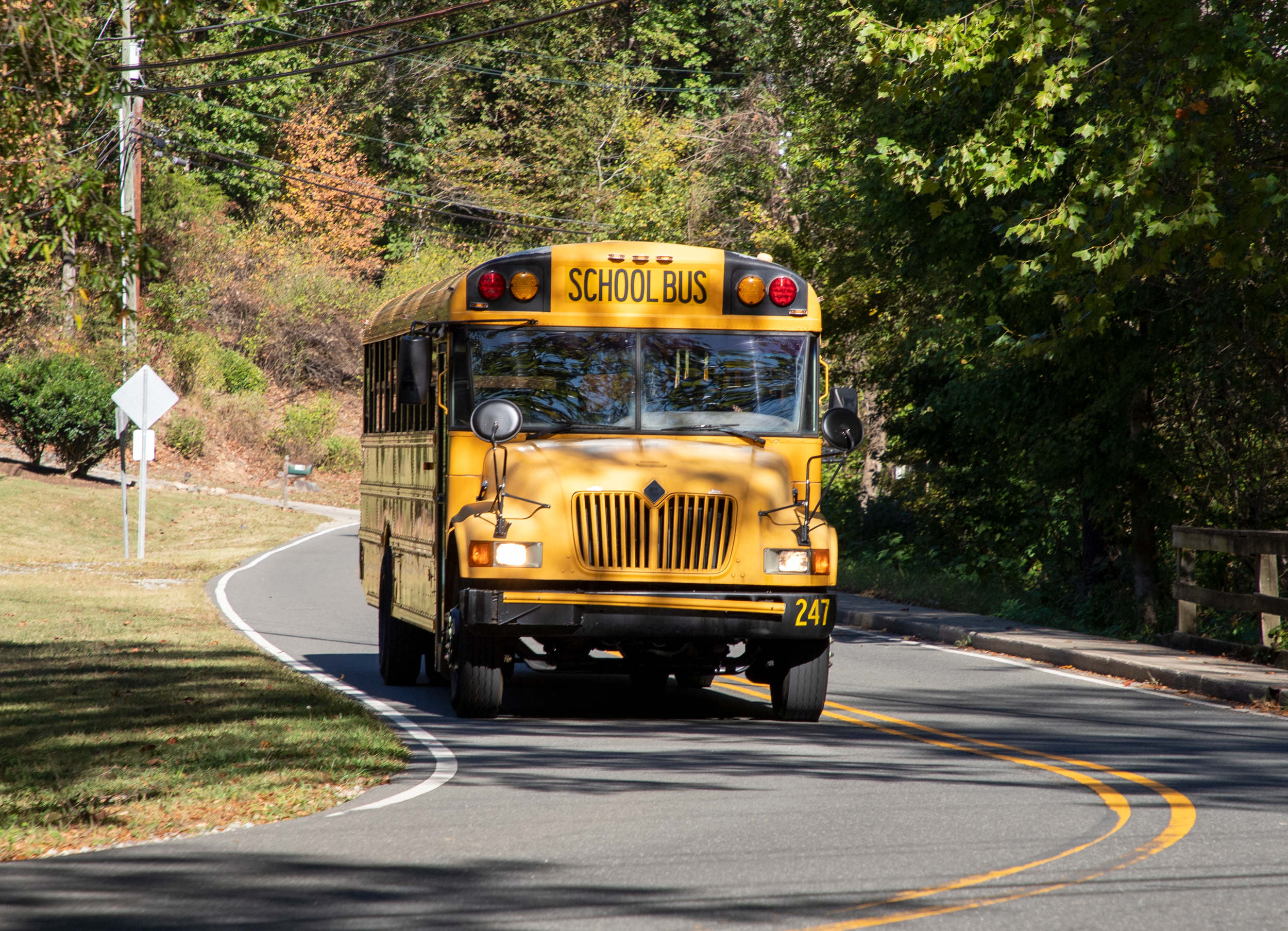
Visitation in Long-Term Care Facilities During COVID: Improving Well-Being, Reducing COVID-19 Spread
A perspective from Emma Dries & Nathan Boucher
The N.C. Department of Health and Human Services recently allowed indoor visitation at long-term care facilities in our state. This order came in the wake of North Carolina’s entrance into Phase 3. The guidelines for visitation have been strict, only applying to facilities whose counties have a percentage of coronavirus tests that are less than 10% and facilities that have not had a single COVID-19 case in the previous 14 days.
The coronavirus has hit residential care & nursing homes incredibly hard – 5 facilities in Orange County were affected, resulting in 75 COVID-19 positive cases and 4 resident deaths. These cases do not just affect residents but the lives of nursing home staff – in North Carolina more than 1,300 workers have tested positive and four have died.
Visitation is a vital resident right. While physical separation of visitors and residents is the most effective way to reduce the spread of the virus, visitation provides critical emotional support and allows visitors to help hold facilities accountable for resident safety and quality of care. North Carolina’s current standard for visitation is a reasonable first step in in-person visitation between residents and family members. By ensuring all visitors wear PPE, are temperature-checked, physically distance, and visitation schedules are staggered, the risk of a facility-wide outbreak can be mitigated.
In the case a facility is not eligible for in-person visitation, access to virtual visitation tools and techniques is a crucial resource in psychosocial well-being. Safely shared technology and communicative devices like cellphones, tablets, and webcams to safely facilitate virtual visitation is necessary. Sanitized devices, learning resources about these technological tools, and low-cost, creative methods for maintaining contact should be encouraged across all nursing facility management and ownership.
While the limitation of contact between individuals is the most effective way to prevent the spread of the coronavirus, separation can take a significant physical and emotional toll on residents. While not all facilities will have the opportunity to provide in-person visitation, virtual support must be safely accessible to address the mental health of residents during this difficult time. Indeed, all facilities should be poised to respond with virtual tech should COVID resurge in areas currently experiencing a lull.
Dries is a public policy student at Duke University and Boucher is a federal research scientist (Veterans Administration) and faculty at Duke University Sanford School of Public Policy.
Chapelboro.com does not charge subscription fees. You can support local journalism and our mission to serve the community. Contribute today – every single dollar matters.
Related Stories
‹

Viewpoints: The Town Council's Decision on 1200 MLK DevelopmentThe Town Council’s Decision on 1200 MLK Development Submitted by Pam Hemminger Earlier this week, the Chapel Hill Town Council voted to approve a controversial plan for redevelopment at 1200 Martin Luther King Jr. Blvd. which guarantees that an existing mobile home park will remain open for at least fifteen years in exchange for redevelopment of […]

Viewpoints: Our Home Is Not a Pit StopOur Home Is Not a Pit Stop A perspective from Jared Cates, Lamar Proctor, Heather Smith and Del Ward On January 19, the Orange County Board of Commissioners met with Buc-ee’s representatives Beth Trahos and Stan Beard to consider Buc-ee’s rezoning request for their proposed Efland Station development. Board members voiced significant concerns over several aspects […]

Viewpoints: 50 Cent or 20 Cent?Cent or 20 Cent? A perspective from Joseph Stipp (Editor’s note: this “Viewpoints” column was submitted on November 19, 2020. Chapelboro publishes the submissions we receive in the order we receive them.) “Yeah, I don’t want to be 20cent. 62% is a very, very, bad idea,” tweeted award-winning rapper 50 Cent in the weeks leading […]

Viewpoints: What Chapel Hill Can Learn from the UKHow the UK Saved Unsheltered Lives and What Chapel Hill Can Learn A perspective from Alana Gilbert “Stay at home.” An important phrase you’ve heard since March as the world continues to fight the spread of COVID-19. But what about those without a home? Public health officials have repeatedly pushed mitigation measures to wash your hands […]

Viewpoints: Updates on the East Rosemary Redevelopment ProjectUpdates on the East Rosemary Redevelopment Project A perspective from Pam Hemminger On September 30th, the Town Council voted to move forward on a project to construct a new parking deck on East Rosemary Street as part of an overall strategy for economic development in downtown. (What A New Parking Deck Will Mean for Chapel Hill) […]

Viewpoints: To Reopen, or Not To Reopen?To Reopen, or Not to Reopen? That is the Question for Orange County Elementary Schools A perspective from Swetha Ganesan As we approach our 9-month anniversary of quarantine due to COVID-19, North Carolina and many other states are searching for ways to safely bring back a sense of normalcy (or at least as close to normalcy […]

Viewpoints: A Positive ForceA Positive Force: The Chapel Hill-Carrboro Mother’s Club A perspective from Lynne Privette In these times of division and separation, I am (thankfully) blown away by our community’s ability to come together. In this case, the local Mother’s Club (Chapel Hill-Carrboro Mother’s Club) has provided unwavering love and support — a positive force when so much […]

Viewpoints: The Urgency of the Refugee CrisisThe Global Refugee Crisis Is More Urgent Than Ever: America Must Raise the Refugee Cap A perspective from Marc and Kim Wyatt For decades, the United States has been a global leader in protecting the lives of refugees. As missionaries, we believe that caring for the suffering and disadvantaged is at the heart of the […]

Viewpoints: The Minimum Wage and Moving ForwardThe Elitist Attitude of Carrboro A perspective from Enrique Latoni I, like many Americans, watched the final Presidential debate. As I sat on my couch trying to listen in on what each candidate had to say while my dad enthusiastically yelled at the TV as if he was at some concert, one particular issue stuck […]

Viewpoints: Visitation in Long-Term Care Facilities During COVIDVisitation in Long-Term Care Facilities During COVID: Improving Well-Being, Reducing COVID-19 Spread A perspective from Emma Dries & Nathan Boucher The N.C. Department of Health and Human Services recently allowed indoor visitation at long-term care facilities in our state. This order came in the wake of North Carolina’s entrance into Phase 3. The guidelines for visitation […]
›













